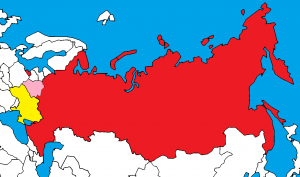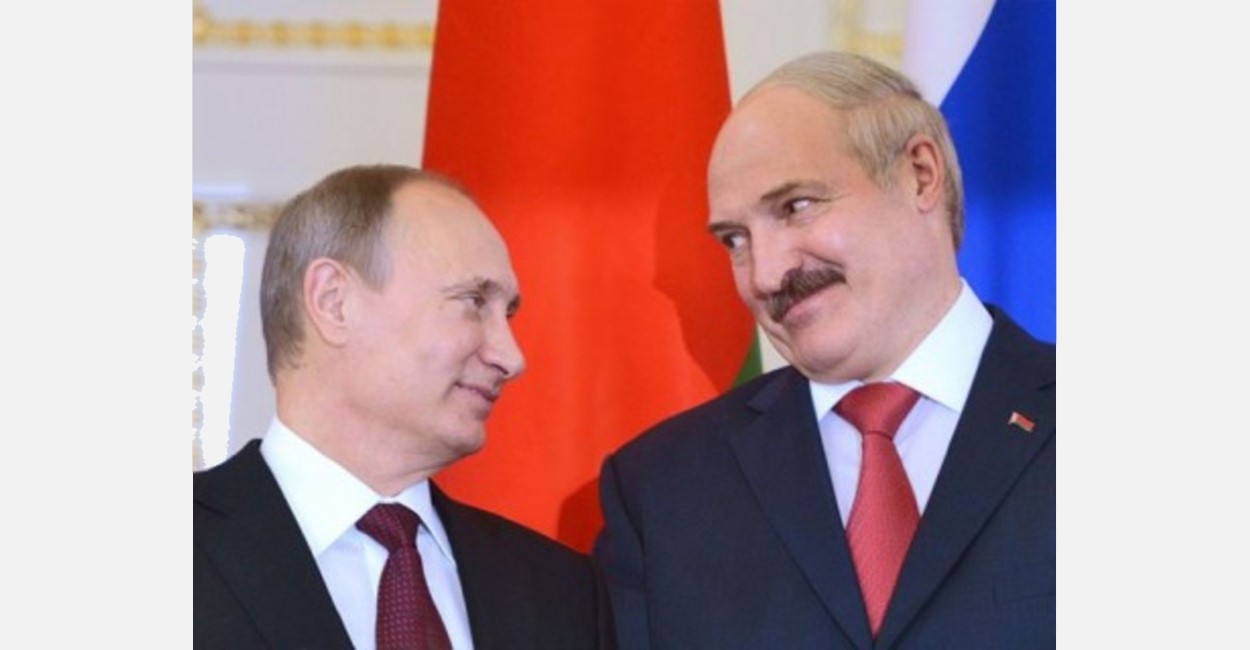
A majority of Belarusians don’t want unification and that is especially true among the younger ones, he continues; and if their leaders nonetheless agree likely under compulsion to unite the two countries, they will become a bigger problem for Moscow, this time within Russia.
There are many ways a people under occupation as the Belarusians would feel themselves to be can create problems, ranging from passive resistance to open violence. No one in the Kremlin should delude themselves that such outcomes cannot and will not happen among the Belarusians.

Trending Now
But if they do and if they go ahead, Grashchenkov suggests, the Kremlin will have acquired a new, dangerous, and potentially explosive domestic challenge that the powers that be in Moscow will find it far more difficult to control or contain and they won’t have ended the foreign policy problems Belarus has created.
That is because any such Belarusian resistance to Russian rule will only intensify the increasingly widespread view in the West that Putin is an imperialist. Anyone who doubts that should read the history of Northern Ireland. It may be Russia’s future if the Kremlin leader gets his way.
Further reading:
- Russia’s interests in Belarus, p.1. The termination of the grand bargain
- Tsikhanouskaya says Belarusian opposition has “lost the streets” for now but won’t end the revolution
- A year of disinformation in Belarus: Infographic
- Head of Belarusian House in Ukraine found hanged in Kyiv
- Baltic-Russian borders today: A reversal of fortune from the First Cold War
- Putin unintentionally highlights that Russia’s war on Ukraine is both ancient and fateful, Inozemtsev says
- Hybrid War in Ukraine and Belarus: same thing and potentially same disastrous outcome
- Why have two revolutions won in Ukraine but none in Russia or Belarus? Historian Hrytsak answers





